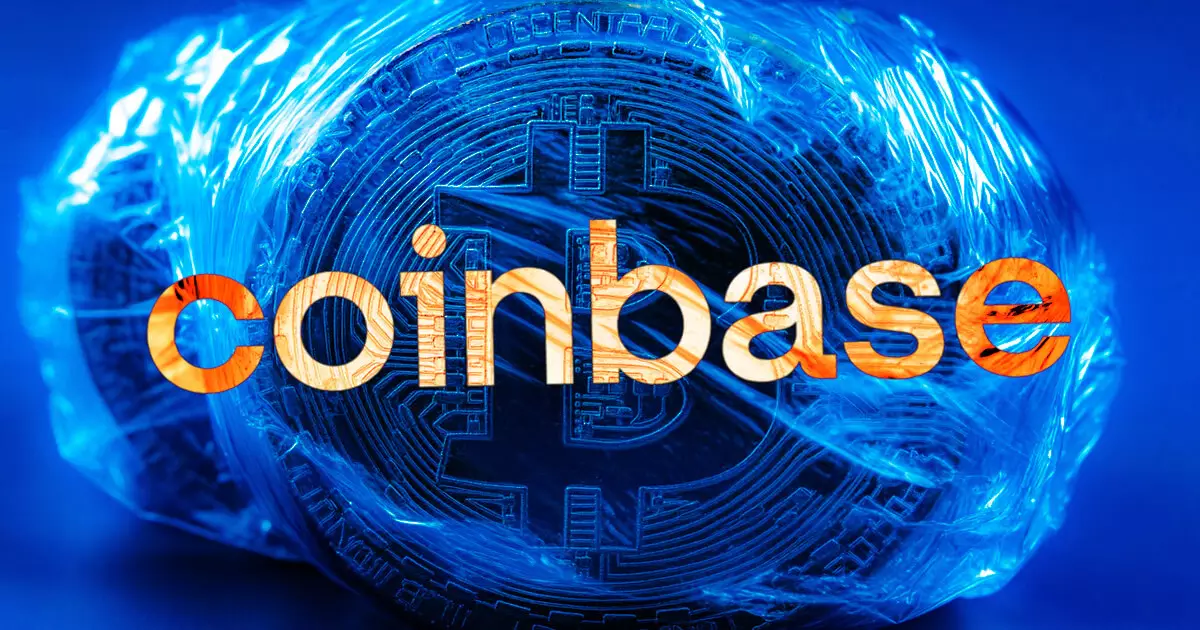In a significant turn of events, Coinbase has found itself embroiled in a legal dispute with BiT Global over the delisting of Wrapped Bitcoin (wBTC). This legal confrontation stems from BiT Global’s contention that removing wBTC from Coinbase’s platform could severely disrupt its operational capabilities. The exchange, however, argues that its decision is both justified and necessary, citing substantial concerns over the cryptocurrency’s association with Justin Sun, a controversial figure in the crypto landscape. The legal motions filed indicate a growing tension in the cryptocurrency world, where regulatory and operational concerns frequently clash with market interests.
Coinbase’s rationale for delisting wBTC revolves around a commitment to user safety and platform integrity. The exchange highlights an extensive internal review process that deemed the risks associated with wBTC, particularly its ties to Sun, as too high for their operational standards. According to Coinbase, the nature of Sun’s past actions, which include allegations of fraud and market manipulation, posed unacceptable risks to their user base. By removing wBTC, Coinbase asserts it is protecting not only its customers but also the overall health of its trading environment. This commitment to user safety could resonate well with investors and customers who prioritize security in their trading activities.
The legalities of BiT Global’s claims, particularly around antitrust considerations, come into sharp focus in this battle. Coinbase’s assertion that BiT Global has not satisfied the legal requirements for such claims underscores the complexities of cryptocurrency regulations. In dismissing the lawsuit, Coinbase argues that there exists no legal obligation for it to host any digital asset that it perceives as risky. This perspective throws light on the ongoing debate over the regulatory responsibilities of cryptocurrency exchanges and their freedom to make decisions in the best interest of their platforms and users, a critical topic in the evolving financial technology landscape.
The repercussions of this legal tussle extend beyond the confines of Coinbase and BiT Global alone. As the cryptocurrency market continues to mature, stakeholders are closely watching how exchanges exercise their discretion in asset management and the legal frameworks surrounding these actions. The case may set a precedent for how similar disputes are handled in the future, particularly concerning platform governance and user rights. Investors and analysts alike are keen to assess whether this case will bolster or undermine confidence in such platforms, especially as regulatory scrutiny intensifies globally.
As this legal confrontation unfolds, it represents a pivotal moment not only for Coinbase but for the cryptocurrency market at large. The exchange’s proactive stance on risk management, coupled with its insistence on operational integrity, illustrates the shifting paradigm within the sector, where user safety increasingly takes precedence over other considerations. How Coinbase navigates this turbulent legal space could redefine industry norms and influence the way exchange platforms operate in a landscape fraught with uncertainty and regulatory challenges. The outcome of this case may very well shape the future dynamics of digital asset trading, making it a focal point of interest for regulators, users, and investors alike.


Leave a Reply